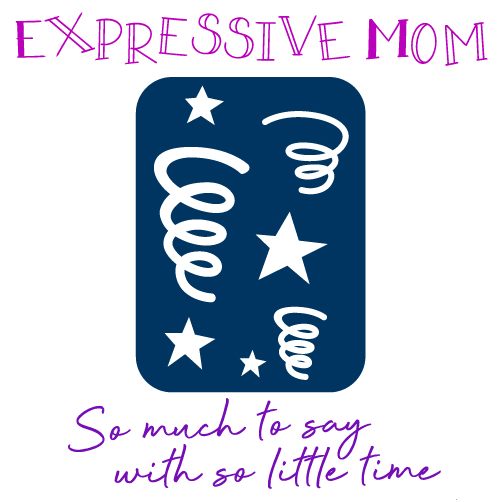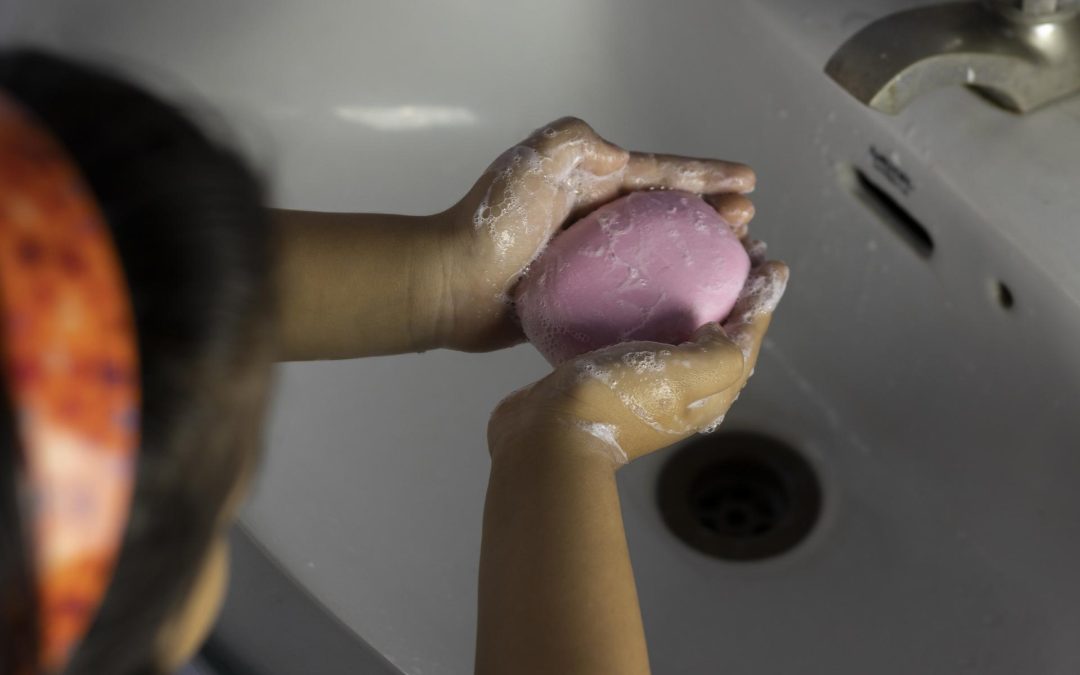Teaching your kids how to follow proper hygiene from a young age is a necessity so that they will maintain their health and feel good. This will help to boost confidence and self-esteem. To destroy germs and avoid getting sick, everyone should keep themselves clean. By addressing issues such as unpleasant body odor, you need to educate them on keeping proper personal hygiene.
Now let’s dive into the fundamentals of everyday hygiene that your kids need to help them stay healthy!
Hand Hygiene
We all know that the first step in maintaining health is hand hygiene. You should teach your child how they should wash their hands properly.
The basic steps for proper hand hygiene are:
- Hands should be washed for at least 20 seconds.
- Scrubbing and cleaning palms, under nails, and between fingers are essential.
- They need to dry their hands properly because a wet surface is a perfect place for bacteria to thrive.
- They should use a separate towel for drying their hands.
Now as your kid knows all the steps for washing hands, it’s time to teach them that they need to clean their hands:
- Before and after eating.
- Before and after doing homework.
- Before preparing something.
- After playing outdoors.
- After communicating with a sick person.
- After touching an animal.
- After using the toilet.
- After touching something dirty.
- After touching beef, chicken, or raw meat.
- After touching wounds, blood, or any other body fluids.
- After vomiting.
- After sneezing, coughing, and blowing the nose.
Body Hygiene
Your child needs to know how to take a bath or shower properly. Regular showers and baths are essential for our health. Each person should take a bath at least two times a week. Daily showers are also good.
Like a bedtime routine, you can motivate your child to take regular showers.
Ensure you have all the required hygiene products and your kid washes the entire body, such as underarms, private areas, and legs. And their body must be dry before they put on their clothes.
Oral Hygiene
At first, babies don’t have any teeth. But, after years, they grow teeth that should be taken care of from the very beginning.
Help your kids maintain oral hygiene as they become 3 to 4 years old. If they don’t follow oral hygiene, they will develop smelly breath, cavities, tooth decay, and other oral issues.
Brushing teeth must be an essential habit that your children should follow. It’s essential for their gum and teeth health. Consider the following:
- Teach them how to brush their teeth properly twice a day. At first, you can do it, but as they become 2 or 3 years old, you can teach them to brush their teeth by themselves.
- Buy a toothbrush made for kids that has soft bristles.
- Teach them how to floss their teeth once a day, which is as essential as brushing teeth.
- And finally, don’t forget about mouthwash. Teach your kid how to use mouthwash which can kill germs and prevent bad breath. But, remember that your child should be old enough to understand that they should rinse the mouthwash out, instead of swallowing.
These steps will help them keep both their gums and teeth in good shape.
Hair Hygiene
Dirty hair can cause many problems, including infections. Your kid should be able to take care of their scalp and hair properly after they play with other kids. They need to wash their hair at least twice a week to avoid dirt and oil accumulation.
Encourage your kids to:
- Take regular showers.
- Apply shampoo and then rinse it out.
- Tie hair up to prevent the accumulation of dirt and germs.
- Not share personal items, including pillow, comb, shower towel, etc.
Nail Hygiene
Our nails grow every day and since your kids frequently play outside in the mud, sand, or filthy grounds, there may be dirt underneath their nails. As a result, you should ask your children to clip their nails once a week.
You can schedule their self-care to be completed on a specified day of the week. It will assist them in remembering to care for their nails on a specific day.
Also, help your kids clean underneath their fingers and nails when they wash their hands, especially after touching sand or playing with an animal. Teach your children to clean their nails by gently scrubbing, rubbing, and rinsing them with water.
And never let your kid bite their nails, as it becomes a habit which is very dangerous for their health because they can spread germs and bacteria from hands to mouth. Also, keep an eye on your children’s toenails and trim them as they grow longer. Gradually educate them on how to cut their nails. And remind them to use a rust-free and clean nail cutter and then dispose of the leftover nails in the trash.
Other common personal hygiene etiquette includes:
- Covering mouth and nose when sneezing or coughing. They need to use tissue paper for that or if they don’t have one, cover their nose and mouth with an elbow or sleeve.
- Not eating unwashed veggies and fruits.
- Wearing clean clothes (teach them why it’s essential and how to dress properly).
- Picking up their plates after they finish eating.
- Keeping their room clean and neat.
- Organizing their wardrobe, books, and more.
Check this personal hygiene guide, buy the best hygiene products, and maintain your kids’ health!



Connect With Me !